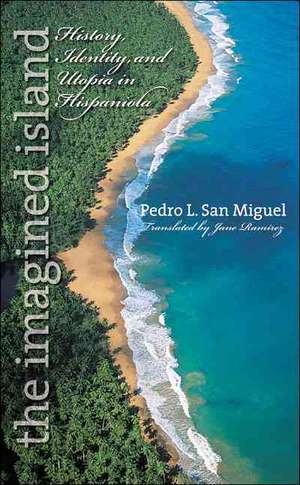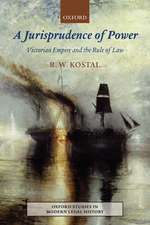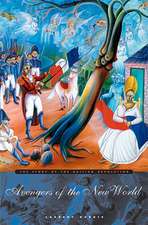The Imagined Island: Latin America in Translation/En Traduccion/Em Traducao
Autor Pedro L. San Miguelen Limba Engleză Paperback – 18 sep 2005
Din seria Latin America in Translation/En Traduccion/Em Traducao
-
 Preț: 394.77 lei
Preț: 394.77 lei -
 Preț: 425.48 lei
Preț: 425.48 lei -
 Preț: 297.50 lei
Preț: 297.50 lei -
 Preț: 299.23 lei
Preț: 299.23 lei -
 Preț: 387.82 lei
Preț: 387.82 lei -
 Preț: 249.50 lei
Preț: 249.50 lei -
 Preț: 253.45 lei
Preț: 253.45 lei -
 Preț: 264.99 lei
Preț: 264.99 lei -
 Preț: 263.47 lei
Preț: 263.47 lei -
 Preț: 263.47 lei
Preț: 263.47 lei -
 Preț: 311.55 lei
Preț: 311.55 lei -
 Preț: 346.49 lei
Preț: 346.49 lei -
 Preț: 299.23 lei
Preț: 299.23 lei -
 Preț: 432.77 lei
Preț: 432.77 lei -
 Preț: 213.71 lei
Preț: 213.71 lei -
 Preț: 233.15 lei
Preț: 233.15 lei -
 Preț: 295.53 lei
Preț: 295.53 lei -
 Preț: 382.04 lei
Preț: 382.04 lei
Preț: 259.61 lei
Nou
Puncte Express: 389
Preț estimativ în valută:
49.68€ • 51.100$ • 41.35£
49.68€ • 51.100$ • 41.35£
Carte tipărită la comandă
Livrare economică 31 martie-14 aprilie
Preluare comenzi: 021 569.72.76
Specificații
ISBN-13: 9780807856277
ISBN-10: 0807856274
Pagini: 194
Dimensiuni: 134 x 216 x 13 mm
Greutate: 0.25 kg
Editura: University of North Carolina Press
Seria Latin America in Translation/En Traduccion/Em Traducao
ISBN-10: 0807856274
Pagini: 194
Dimensiuni: 134 x 216 x 13 mm
Greutate: 0.25 kg
Editura: University of North Carolina Press
Seria Latin America in Translation/En Traduccion/Em Traducao
Textul de pe ultima copertă
ethnography to identify views of national identity in Haiti and the Dominican Republic. Haiti was often portrayed by Dominicans as "the other"--first as a utopian slave society, then as a barbaric state and enemy to D.R., whose citizens preferred to emphasize their Spanish/white roots even though most of the population is mulatto and black. Covering five centuries and analyzing key intellectual figures from each country, San Miguel bridges literature, history, & ethnography to identify views of national identity in Haiti and the Dominican Republic. Haiti was often portrayed by Dominicans as "the other"--first as a utopian slave society, then as a barbaric state and enemy to D.R., whose citizens preferred to emphasize their Spanish/white roots even though most of the population is mulatto and black.
Notă biografică
Pedro L. San Miguel is professor of history at the Universidad de Puerto Rico, Rio Piedras, and author of several Spanish-language books on Caribbean history.














